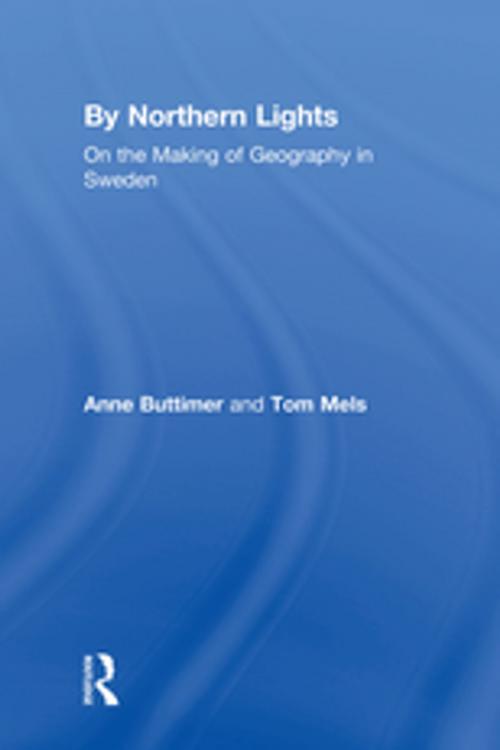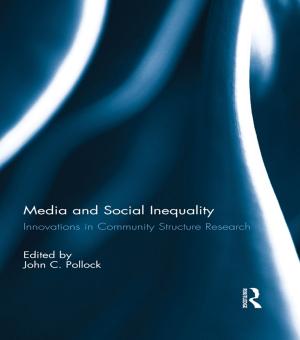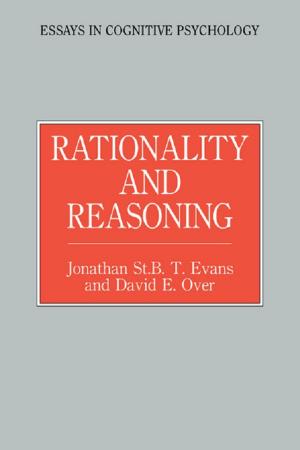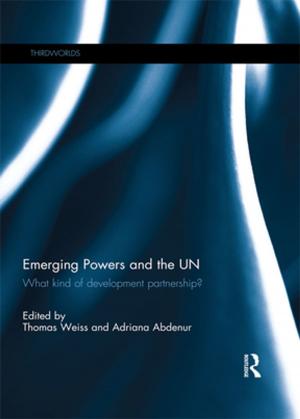By Northern Lights
On the Making of Geography in Sweden
Nonfiction, Social & Cultural Studies, Social Science, Human Geography| Author: | Anne Buttimer, Tom Mels | ISBN: | 9781351953924 |
| Publisher: | Taylor and Francis | Publication: | May 15, 2017 |
| Imprint: | Routledge | Language: | English |
| Author: | Anne Buttimer, Tom Mels |
| ISBN: | 9781351953924 |
| Publisher: | Taylor and Francis |
| Publication: | May 15, 2017 |
| Imprint: | Routledge |
| Language: | English |
Swedish society has recurrently shown a keen geographical sense, meticulously documenting all matters relating to environments, resources and human activities through space and time from the sixteenth century on. Throughout the twentieth century in particular, Sweden won international acclaim for its groundbreaking geographic work on spatial planning, climate change, time-space modelling and landscape history by the likes of Ahlmann, De Geer, Enequist, Hägerstrand, Kant, Olsson and William-Olsson. More recently, with the rising tide of post modernity and multiple processes of globalization, there has been a good deal of debate about novel lines of enquiry into nature and culture, issues of gender, identity and diversity, justice and environmental concern; all of these have sparked a renewed interest in the history and philosophy of the field. Following on from Anne Buttimer's renowned Geography and the Human Spirit, this book not only offers the first book length contextual account of the development of geographic thought in Sweden, but also provides a narrative thread which traces continuity and change in both cognitive styles and professional practices of geography in general.
Swedish society has recurrently shown a keen geographical sense, meticulously documenting all matters relating to environments, resources and human activities through space and time from the sixteenth century on. Throughout the twentieth century in particular, Sweden won international acclaim for its groundbreaking geographic work on spatial planning, climate change, time-space modelling and landscape history by the likes of Ahlmann, De Geer, Enequist, Hägerstrand, Kant, Olsson and William-Olsson. More recently, with the rising tide of post modernity and multiple processes of globalization, there has been a good deal of debate about novel lines of enquiry into nature and culture, issues of gender, identity and diversity, justice and environmental concern; all of these have sparked a renewed interest in the history and philosophy of the field. Following on from Anne Buttimer's renowned Geography and the Human Spirit, this book not only offers the first book length contextual account of the development of geographic thought in Sweden, but also provides a narrative thread which traces continuity and change in both cognitive styles and professional practices of geography in general.















